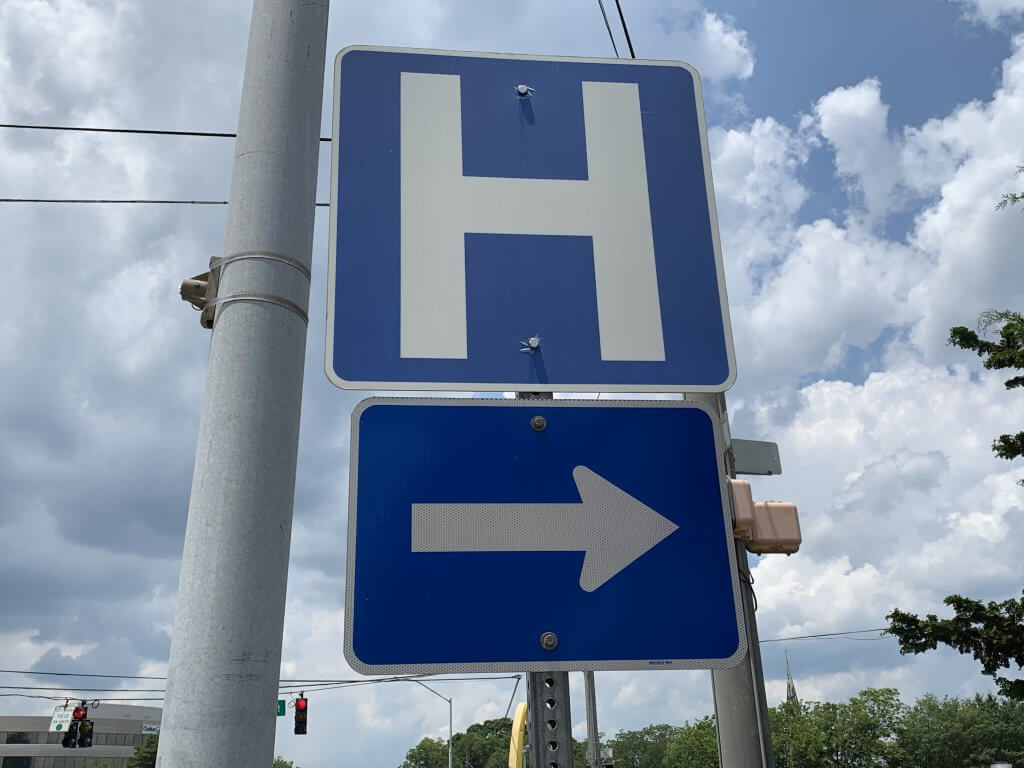
Guest commentary writer Natalie Crawford warns of the harm that will be done to rural hospitals if enhanced premium tax credits are allowed to expire at the end of this year. Jill Nolin/Georgia Recorder
Living in a rural area, almost by definition, means being a little bit further away from the big box stores and modern conveniences, like rideshares and food deliveries. Rural living should not, however, mean that you cannot access health care. Right now, too many Georgians living in small towns and rural areas struggle to access care, often going longer between doctor’s visits and waiting months to see practitioners a county or two over. Unfortunately, this problem will only get worse if Congress fails to renew the enhanced premium tax credits that 1.4 million Georgians rely on to afford their health insurance.
These tax credits are set to expire at the end of the year, meaning premiums will undoubtedly skyrocket for this nearly 13% of Peach State residents. With families’ budgets already stretched thin, these increases will lead to more uninsured Georgians. For those living in rural areas, which we know have higher rates of uninsured residents than their urban counterparts to begin with, the downstream effects of this considerable coverage loss will be especially devastating.
Tragically, patients who do not have coverage are more likely to delay care, and may land in the emergency room when their condition worsens. Without access to affordable coverage, those trips to the emergency room add to the uncompensated care that’s placing additional strain on already fraying rural health systems.
Unfortunately, many of Georgia’s rural hospitals are already operating on razor thin margins. In fact, nine rural Georgia hospitals have closed since 2010, and as many as 18 more are now struggling and in danger of closing or dramatically reducing services. And recent federal cuts to the Medicaid program are further threatening rural hospitals’ stability. The Cecil G. Sheps Center for Health Services Research at the University of North Carolina at Chapel Hill identified four rural Georgia hospitals at high risk of closing or reducing critical services — exacerbated by the recently-passed reconciliation bill in Congress. As it is, our state is behind only Tennessee and Texas in the number of hospital closures. When a hospital closes in a small community, the ripple effects are felt for both miles and decades to come.
When a rural hospital closes, doctors, nurses, orderlies, and countless other hardworking medical professionals lose their jobs and may be forced to move away in search of other employment. Suddenly, emergency care and other health services are much further away or even out of reach from residents. Local pharmacies, diners, and other businesses fueled by hospital traffic and jobs become desolate and eventually shutter their doors as well. And as more and more hospitals close, rural residents are forced to travel counties away to get the care they need. In emergency situations, this can be the difference between life and death. And in non-emergency situations, the cost of delaying or foregoing preventive care is enormous — both for the health of our rural communities and our economy. When people are unable to access timely care, they can fall sick, and become unable to actively participate in the workforce and provide for their families.
Thankfully, Congress has the ability to avoid this huge increase in uncompensated care and the disastrous effects it would have on rural hospitals, economies, and communities: they must extend the enhanced premium tax credits before they expire at the end of the year. Our federal representatives on both sides of the aisle have the opportunity to extend the tax credits through legislation moving in the coming months — and protecting access to affordable health care for rural Georgians should be a bipartisan issue.
We welcome guest commentary submissions that adhere to these guidelines.





